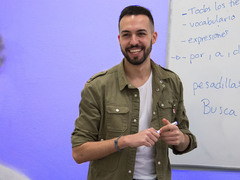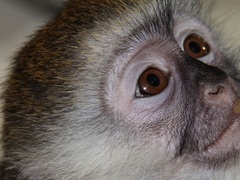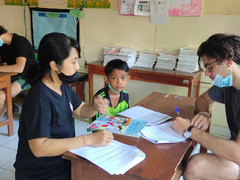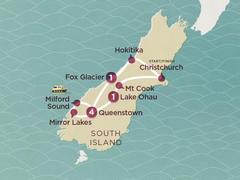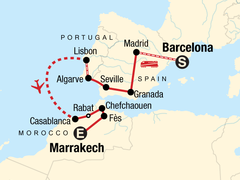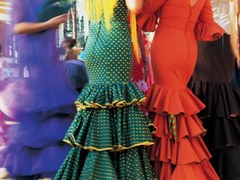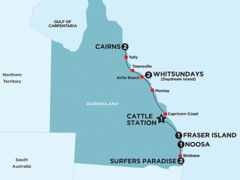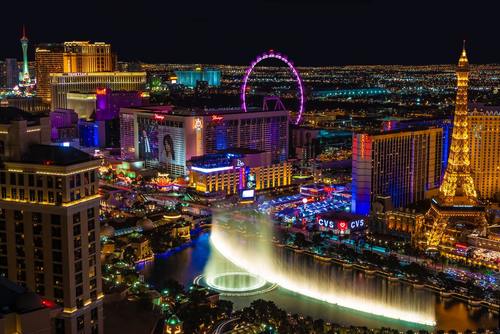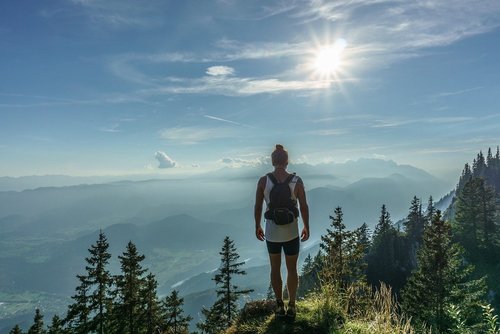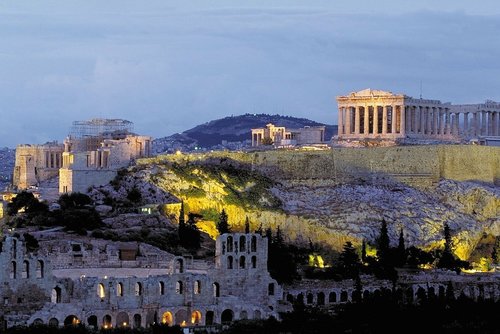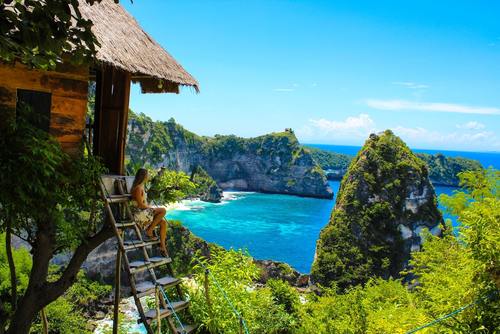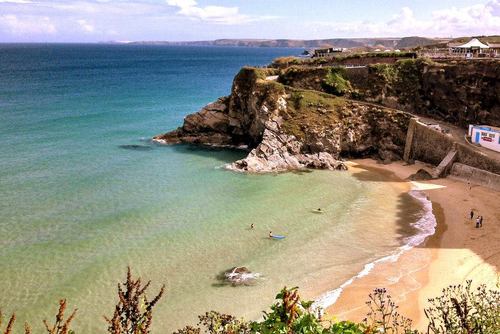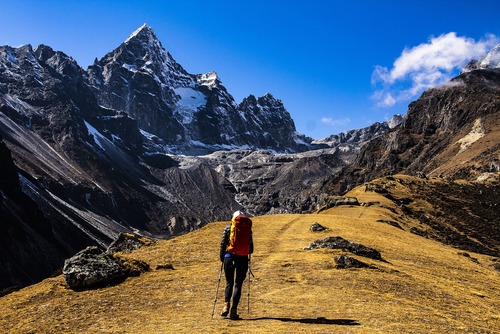Entre 2 Árboles (E2A) Project, located on the northwest coast of Ecuador, is one of the many private natural Reserves that make up the protected areas of the country, complementing the State Reserves and National Parks. The project is maintained primarily by the contribution of volunteers and visitors from around the world who come to meet us. The money we obtain from them is directly spent on:
1. The nature and the local animals.
2. Environmental Education Programs.
3. The local people: This is done in the form of support with their education and income from sales of food, utilities, housing, tours, etc. In general, an increase in trade in the area.
We are located in the northwest rainforest of the Ecuadorian coast within the biodiversity hotspot called Tumbes-Chocó-Magdalena. At the same time, many of these ecosystems are about to disappear because of multiple threats. This region is undergoing significant deforestation and environmental degradation.
We are dedicated to develop specific programs to revert these harmful activities on the surrpundings.
Volunteer tasks
During your time here you will be primarily involved in reforestation of native species, preparation of environmental education and English lessons at nearby schools, learning organic gardening techniques and beach cleaning campaigns. You also can collaborate in conducting surveys of animals and/or plants and in taking high quality photos: our list of new species is always open.
In addition, we offer the possibility of longer stays for scientific research or internships.
It should be added that since the project is still brand new, in this first phase we need help with the construction of two bedroom cabins and a kitchen with a museum dedicated to education and workshops, so part of your time here will be dedicated to this activity, always guided by experienced staff.
Working hours are Monday through Friday from 8 am to 12:30 pm and 2 pm to 4:30 pm.
Accomodation
Currently, the accommodation is in a log cabin of two floors where we offer a mixed dormitory style room with amazing views to the rainforest and Mompiche beach. The bedding and mosquito nets are included. For electricity we have a generator that we use in the nights. In most parts of the property there is cell phone reception.
We have a bathroom with a composting/dry toilet and a shower for volunteer use.
The water used for cooking comes from rainfall after passing through a filter. For drinking water we purchase water containers.
In the morning, breakfast is served at 7:15 to start at 8am. Lunch is at 1pm and dinner at 6:30 pm. We ask for dishwashing help, and we take turns. In that way everyone has the opportunity to collaborate.
We often have vegetarian and vegan meals so it's no problem to accommodate guests needs.
IMPORTANT NOTE: The Reserve policies require the use of eco-friendly soaps and shampoos and therefore biodegradable. The project always try to be as careful as possible with the environment and natural places like this, we do not want to pollute the water and / or soil due to our presence. If you can not get this kind of items, you can get them in our little shop which sells nature friendly products.
Free time
You can join a walk through the beautiful trails available, where you can see many species of birds and mammals - such as howler monkeys, tayras or collared peccaries, a type of wild pig, as well as reptiles, such as snapping turtles and iguanas plus hundreds of butterflies and other insects. Sometimes we go to the river, where we do demonstrations of fishing freshwater shrimps.
Volunteers can also participate in workshops such as preparation of pure chocolate directly from cocoa grown here; Carving rings from palm fruit and make jewelery in tagua (a rock-hard consistency fruit); Manufacture of baskets made of fibers directly extracted from leaves; Hammocks weaving; Painting of handicrafts made from a local and very light wood; Carpentry with bamboo.
At the weekends, volunteers can enjoy the local beaches, go humpback whales watching (June to September only), snorkel, visit nearby mangroves created as a result of a reforestation project, or visit the Ecological Reserves "Mache Chindul" and "Bilsa".
How to get here
From Quito it is advisable to get a bus early in the morning as the trip is long:
You can take a bus to the city of Esmeraldas (6 hours. Minimum cost is $7, although it depends on the bus company).
Then, from the bus terminal in Esmeraldas, you must take a bus to Mompiche and alert the driver to stop at the park, once you turn to enter the only road to Mompiche. It takes about 2 hours 30 minutes and costs $3.
On the road to Mompiche, you will see a sign on the left side with the name of the project, about 1,4km past the fork to the town. There, you will find a path with instructions that you should follow up to the cabins.
What to bring
The climate on the coast is divided into 2 seasons: summer and winter which depend on the rains, The summer is from June to November and it is dry but colder. Winter is from December to May and it is rainy but warmer.
During summer time there is no abundance of mosquitos while somedays during the rainy season they can appear and be a little annoying. It is important to know that we do not have malaria in the area.
We recommend bringing at least 3 different sets of working clothes since sometimes it is difficult to dry clothes. A raincoat/rain jacket is very helpful too.
To work in the field is necessary to use rubber/wellington boots (you can get them anywhere here).
Other items recommended:
- Flashlight: very useful at night.
- Insect repellent
- Sunscreen
Because volunteer are passionate people very willing to try new things, learn and cooperate, we need and welcome your knowledge, motivation, ideas and strenght with open arms!


